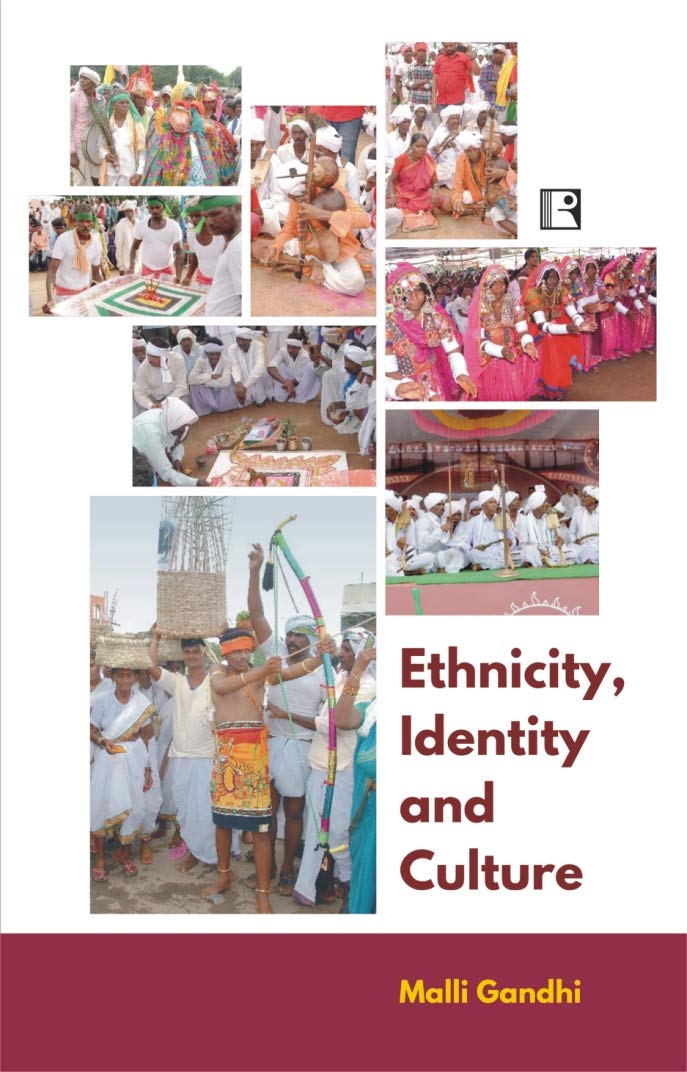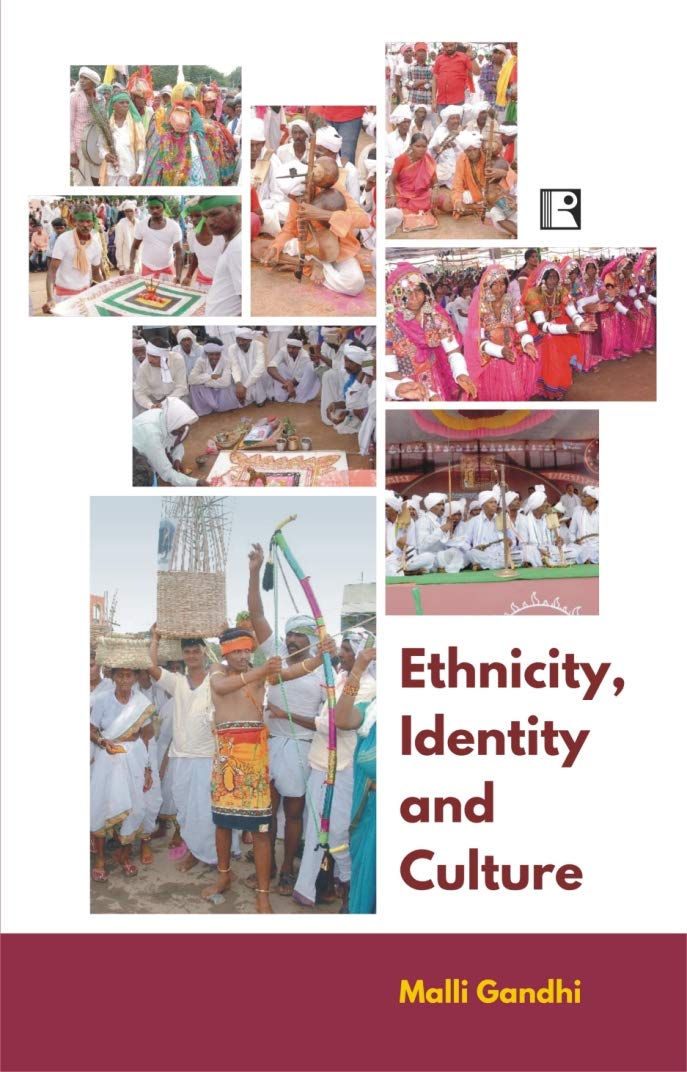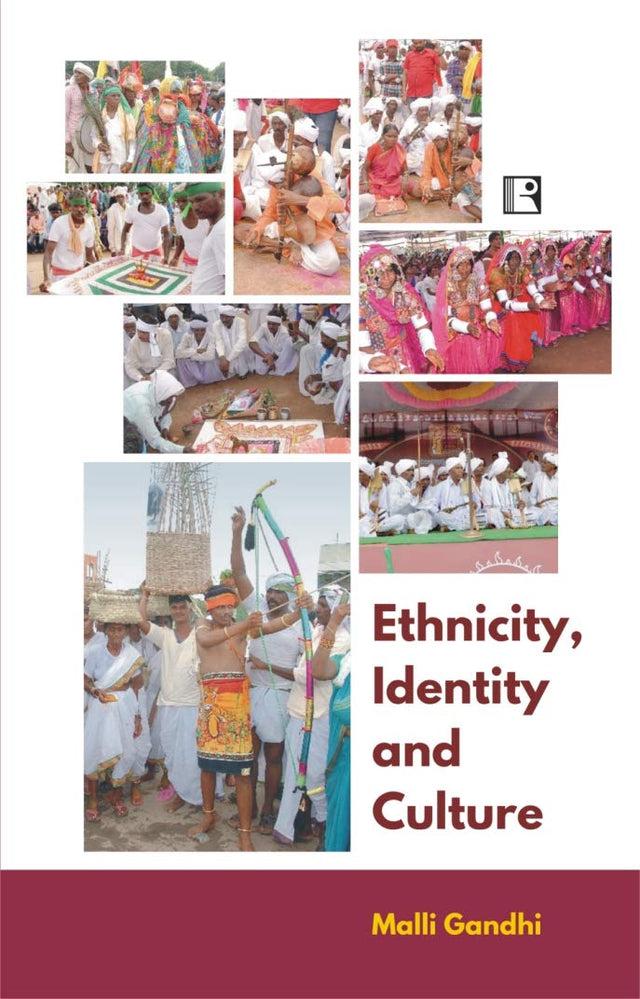Ethnicity Identity and Culture
Ethnicity Identity and Culture is backordered and will ship as soon as it is back in stock.
Couldn't load pickup availability
Genuine Products Guarantee
Genuine Products Guarantee
We guarantee 100% genuine products, and if proven otherwise, we will compensate you with 10 times the product's cost.
Delivery and Shipping
Delivery and Shipping
Products are generally ready for dispatch within 1 day and typically reach you in 3 to 5 days.
Book Details
-
Author: Malli Gandhi
-
Publisher: Rawat Publications
-
Language: English
-
Edition: 2020
-
ISBN: 9788131611531
-
Pages: 310
-
Cover: Hardcover
-
Dimensions: 4.3 x 3.3 x 0.8 inches
About the Book
This comprehensive work explores the complex landscape of tribal development in Andhra Pradesh and Telangana, shedding light on the social, political, and cultural dynamics of the region’s 35 tribal communities. Representing the largest tribal concentration in South India, these groups form about 7% of the population in the two states and are primarily located in hilly and forested areas covered under the Tribal Sub-Plan.
The book critiques historical and contemporary government policies that, while aimed at development, have often resulted in the displacement and marginalization of indigenous populations. Highlighting the inadequacy of legal protections, the author calls attention to the absence of dedicated courts and effective implementation of the Fifth Schedule of the Indian Constitution.
Through extensive fieldwork and consultations with social scientists, tribal welfare officials, and academicians, this volume presents a well-rounded view of tribal revolts, ethnographic studies, cultural insights, and pressing issues related to human rights, education, and rehabilitation of denotified and nomadic tribes. It also includes detailed case studies of tribes such as the Chenchus, Kolams, Thotis, Koyas, Savaras, Yanadis, and Yerukulas.
Authored by Professor Malli Gandhi, a noted expert in tribal studies and a faculty member at the Regional Institute of Education (NCERT), Mysore, the book is a valuable resource for researchers, policymakers, and anyone interested in the nuanced discourse surrounding tribal identity, rights, and development in India.





